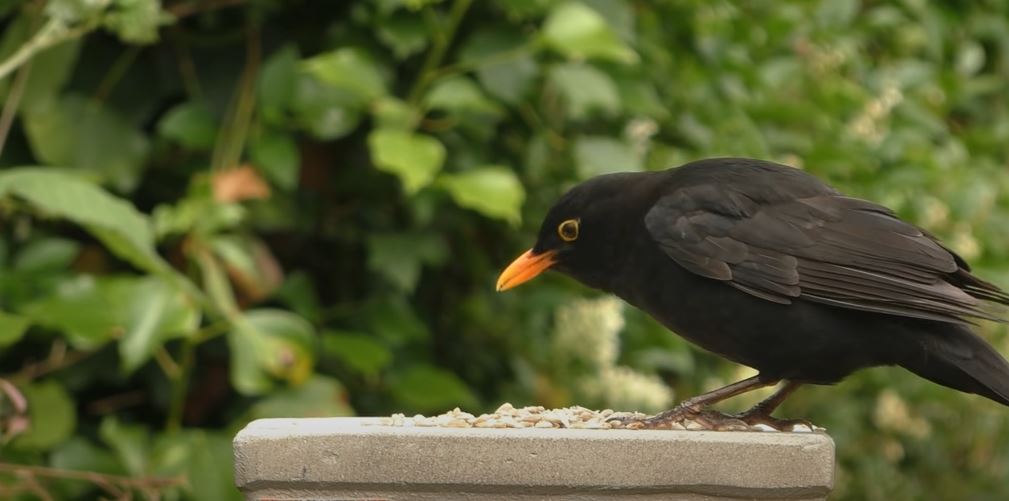
While many homeowners love to watch birds in their gardens, they don’t want to deal with them making their homes there. Pigeons are one of the most common bird pests, and they cause all kinds of damage. Their droppings are unsightly and unhealthy to you, and some birds will happily eat seeds that you plant in your garden. You need to find a way to keep them away.
These three methods are all tried and tested, designed to deter birds from making their home on your property. Give these a try if you’re having problems with birds.
- Habitat Modification
This is by far the best way to prevent birds from coming to live on your property. The reason they move in in the first place is that it meets all their needs. If you take away the things that they need for survival, they’ll be forced to stay away.
All birds will need food, water, and shelter. These are what you’ll need to remove in order to deter them. Let’s look at water. That water feature in your garden looks beautiful and sounds great, but the problem is birds love it too. You can remove water features, so birds have no freshwater source. If you want to keep the feature, you’ll need to make changes to put them off. Simply switching the water used from freshwater to saltwater will do the trick here.
Then there’s food. If you remove all food sources, then birds won’t have an easy meal in your yard. Pet food is a big attraction to birds, so if you feed your pets outdoors, now’s the time to move them inside. Keep any pet food in tightly sealed containers, to stop birds getting in. Weigh down garbage can lid to stop birds from getting into them. Finally, if you grill outside, turn it up high for a few minutes after you’ve cooked on it. This will burn off food scraps that attract birds.
Finally, there’s shelter. Birds need somewhere they can nest safely, so you need to take these areas away. By keeping the grass cut and trees trimmed, that reduces cover. If you do find nests, dislodge them with a long stick. Birds may rebuild several times but if you persist, they will go elsewhere.
- Use Bird Deterrents
Like with most pests, there are several ways you can deter birds from coming on your property. Habitat modification works in the long term, but if you need them to leave quickly, you can use one of these solutions.
Firstly, you can use bird netting to keep them out of areas you don’t want them nesting in. Build a metal or wood cage over the plant in question, and then hang the netting over it. The size of the netting mesh will depend on the size of the bird you’re trying to keep out.
You can also use auditory deterrents, that make a noise that startles birds away. Another good item to use is bird repellent balloons. These are balloons that have eyes painted onto them. They appear to be larger, predator birds and so they scare birds away. The illusion is kept up by the way the balloons bob and weave in the wind.
- Try Bird Repellents
Finally, there are repellents. These are anything that makes your home less appealing to birds. These include decoys, which you may have seen before. They’re moulded in the shape of predator birds such as owls and act much in the same way as a scarecrow. Alligator decoys are also used in water features, to keep birds away from them. Remember though, decoys need to be moved every day in order to work.
Bird spikes are another good repellent. They prevent birds from roosting on fences, tree branches, or roofs. You can buy them from your local hardware store easily, and use them to keep birds away from areas they like to frequent.
With these tips, you’ll have lots of ways to keep birds off your property. Make modifications to make your property less attractive, and use repellents and deterrents to show them your home isn’t a good place to roost. Soon, you’ll see that they’re staying away from your property. For more help controlling your pest bird problem visit probirdcontrol.org.




 POSTED BY
POSTED BY 

